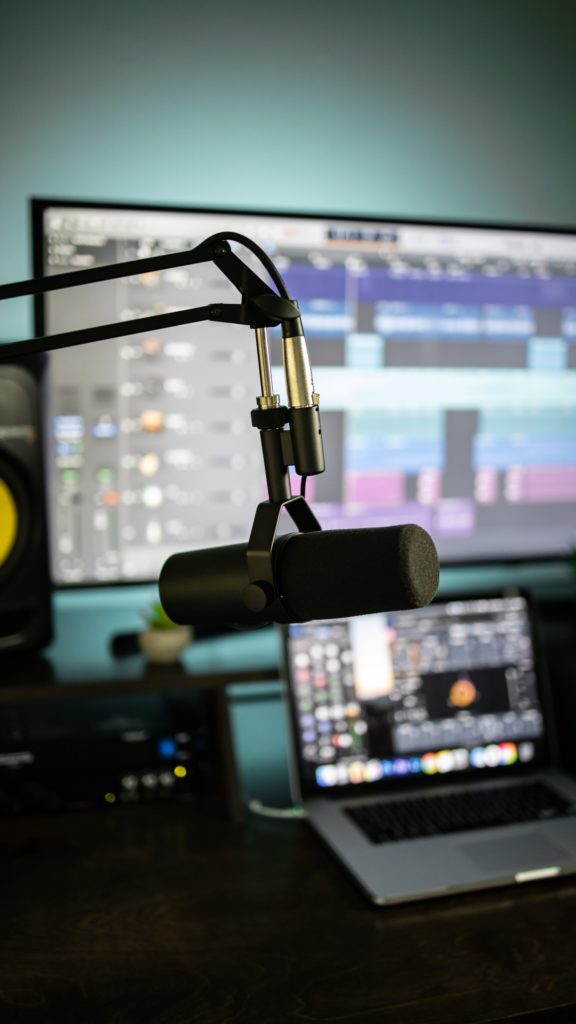Music education as a specialized subject of study.
In music education, educators are trained to work as elementary or secondary school music instructors, as well as directors of music groups at schools or conservatories, among other positions. Scholars in the subject of music education conduct groundbreaking research on the best techniques for teaching and learning music. University and professors of music policy primary school publish their findings in peer-reviewed journals and advise undergraduate and graduate education students who wish to pursue a career as music instructors at universities or music schools.

Different types of aspects in music education
Among the many different types of learning aspects included in music education are those involving psychomotor (skill development), cognitive (knowledge acquisition), and especially the affective domain (the learner's willingness to receive, internalize, and share what they have learned), which includes music appreciation and sensitivity. Applied mathematics and the flexible use and comprehension of a second language or culture are common features of many music education programs, as is the integration of mathematical abilities.
Variety of academic disciplines in music education.
According to research, a variety of other academic disciplines, as well as standardized examinations such as the ACT and SAT, have been proven to benefit from students' frequent practice of these skills. Because music is seen as a critical component of human culture and behavior, music instruction is common throughout the educational spectrum, from preschool to post-secondary education. Because of disparities in history and politics, music education is treated differently in different cultures around the world. It has been suggested that teaching kids music from diverse cultures can help them perceive unfamiliar sounds more comfortably, and it has also been revealed that musical taste is linked to the listener's language and other sounds in their own culture, according to research.

Strategies for teaching music
During the twentieth century, a wide range of different strategies for teaching music were developed or perfected, some of which have had a significant impact on the field. Émile Jaques-Dalcroze was a Swiss musician and educator who, in the early twentieth century, developed the Dalcroze method (also known as eurhythmics). The Kodály Method places a strong emphasis on the value of physical exercise as well as musical response. Student development of musical ability is encouraged according to the Orff Schulwerk method of music education, which correlates to the development of western music. The Suzuki method creates a learning environment for music that is similar to that created for learning a foreign language through immersion. Gordon's Music Learning Theory outlines a method for teaching musicianship to music teachers that is based on audiation, which is Gordon's term for hearing music in one's head.
Resources for Music Educators
The potential to have a significant and long-lasting impact on the lives of young people via music is a rare gift bestowed upon music educators; but, this calling is not without its challenges. Ultimately, we want to provide instructors with the resources they require to connect with their kids and make a good difference in their lives. Ultimately, we aim to provide music educators with the tools and resources they require in order to be the best educators they can possibly be.